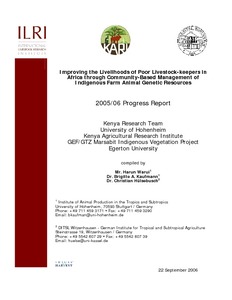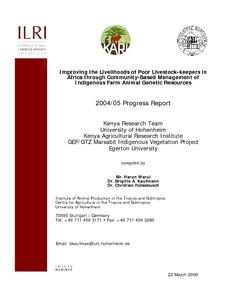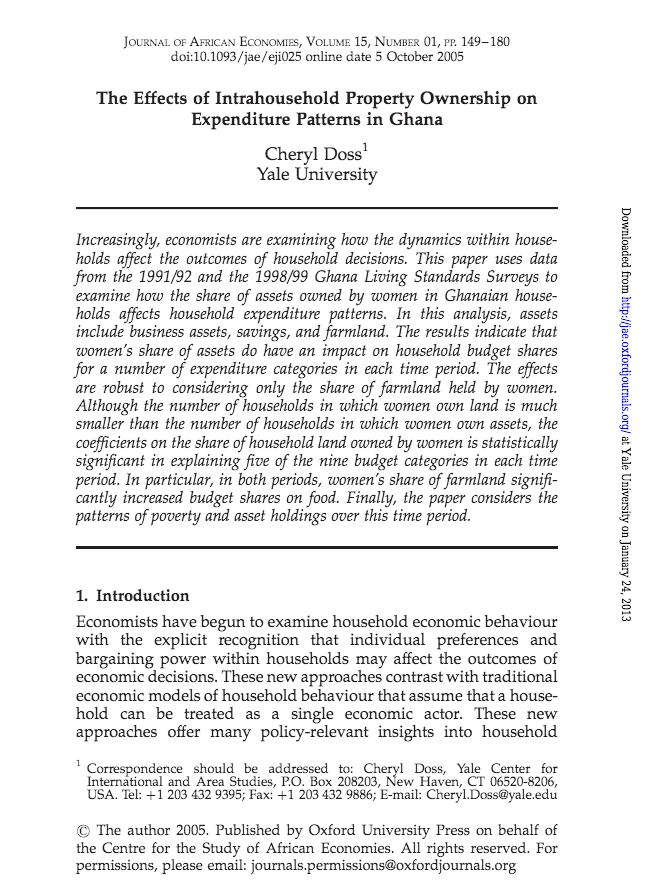Women’s Land Rights in Rwanda: How can they be protected and strengthened as the Land Law is implemented?
Research findings include: land rights in marriage and during cohabitation; daughters and inheritance rights; land disputes; land administration and registration; education and monitoring implementation of the Land Law.






